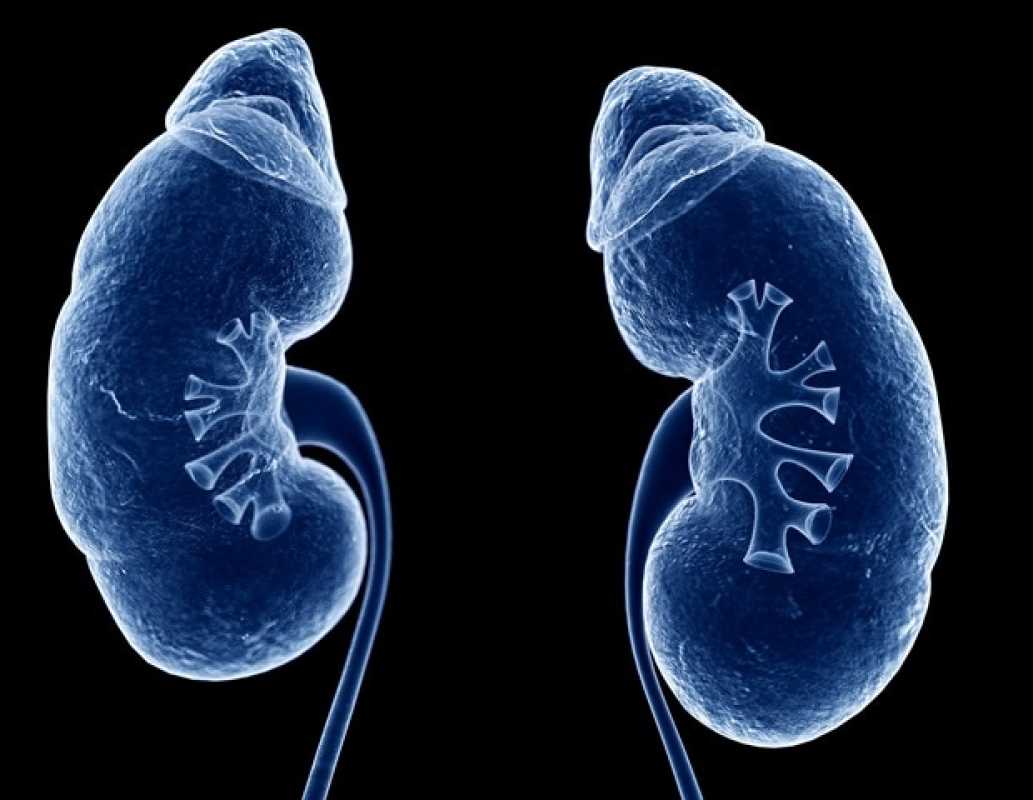Health
Study Reveals Insights Into Nephrotic Syndrome: Causes, Symptoms, and Treatment Options Explored

A recent study conducted by Metropolis Healthcare has shed light on the complexities of Nephrotic Syndrome, a kidney disorder affecting children primarily between the ages of 2 and 7. This condition, characterized by excessive protein in the urine, poses potential risks if left untreated. The study revealed that Nephrotic Syndrome has a low annual incidence rate of fewer than 5 cases per 100,000 children globally.
Research indicates that the main cause of Nephrotic Syndrome is the damage to the glomeruli in the kidneys, leading to abnormal protein leakage into the urine. Common symptoms of Nephrotic Syndrome include foamy urine, loss of appetite, and edema. If neglected, this condition can result in severe complications affecting the overall health of individuals.
The study further highlighted that Nephrotic Syndrome can stem from systemic conditions impacting the kidneys directly or underlying diseases affecting the entire body. It emphasized the importance of early diagnosis through blood tests and kidney biopsies to identify the root cause accurately.
While Nephrotic Syndrome is manageable through treatment, it is often not curable. Treatments typically focus on addressing underlying causes, managing symptoms, and preventing complications. Medications like prednisone are commonly used in therapy. Moreover, regular monitoring and follow-up assessments are crucial to ensure the effectiveness of the treatment plan.
Individuals can take precautions to safeguard the health of their glomeruli, even though specific causes of Nephrotic Syndrome cannot be prevented. By seeking prompt medical attention upon noticing symptoms and adhering to the prescribed treatment, patients can lead a relatively normal life. The study recommended regular health check-ups for individuals with Nephrotic Syndrome to monitor their progress and adjust treatment as needed.












